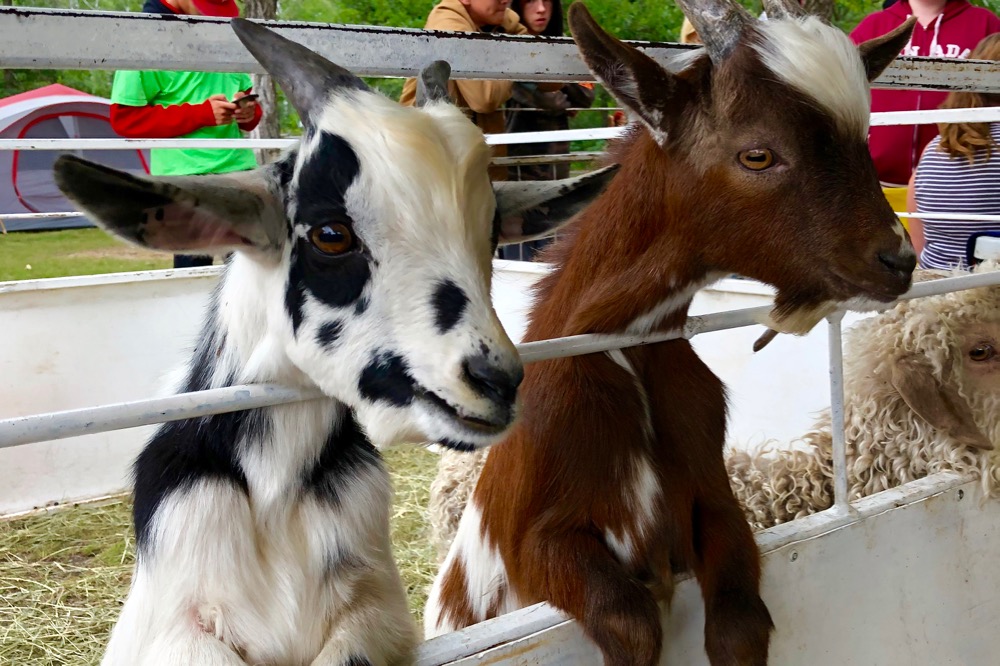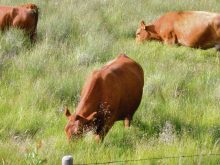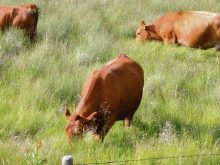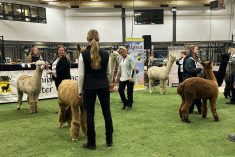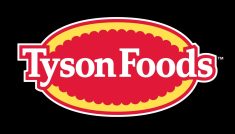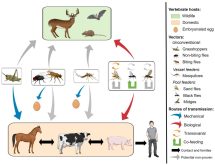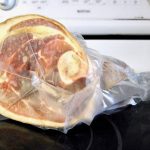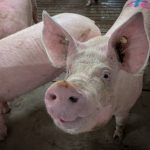The Canadian Association of Fairs and Exhibitions (CAFE) says proposed federal regulations regarding livestock traceability are putting animal events across the country at risk.
Their concerns centre around new directives centred around moving and tagging which they say would affect Canada’s 5,000 fairs, rodeos and other events.
The Canadian Food Inspection Agency has proposed that fairgrounds be responsible as the “intermediate site” to record animal movements to and from the fairgrounds within one week. They also say that if an animal loses its indicator at a fairground, it would be up to the site operator to re-tag the animal.
Read Also
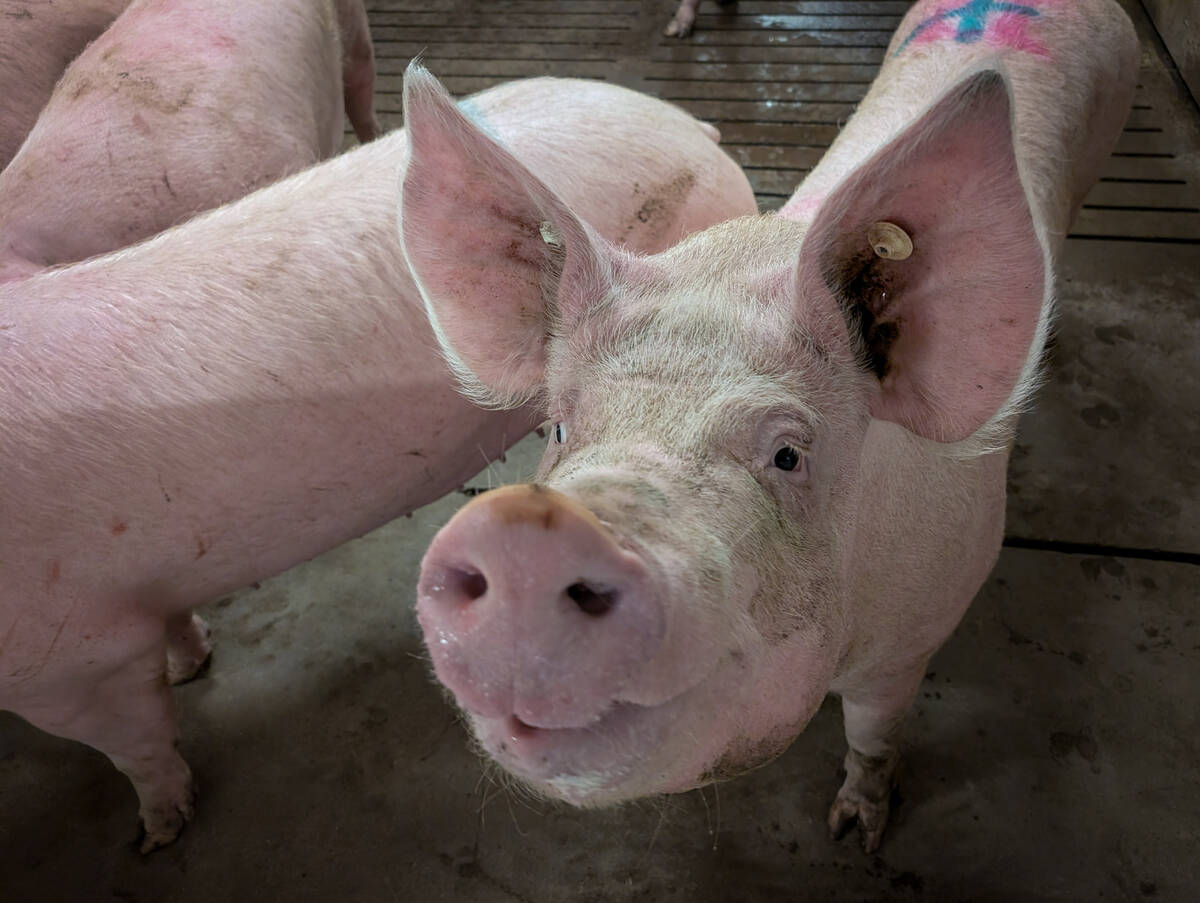
Gene edited, PRRS resistant pig approved in Canada
Canada has given its stamp of approval to pigs gene edited to resist porcine reproductive and respiratory syndrome (PRRS).
“We are being generalized as having more resources than we actually do,” said CAFE executive director Christina Franc. “And we are seen as high risk because we’re a co-mingling site.”
Eighty-three per cent of people involved in animal shows and events in Canada are volunteers. Franc said asking them to learn and perform added responsibilities could be a challenge.
“Staff and volunteers are very different things,” Franc said. “Labour is already a huge issue, imagine trying to get volunteers on board to do more stuff out of their own time.”
Franc said that many volunteers may not have necessary experience with livestock.
“They may be a bookkeeper in their day job, and never (have) been near a cow before. And now you’re asking them to put a tag in the animal’s ear? That’s risky for the animal, as well as for the individual.”
She said the problems could extend to the producers as well.
“I do not know a single producer who wants their animal to be tagged with a premise ID number other than their own,” she said.
According to CAFE, 90 per cent of producers said they did not want fairgrounds tagging their livestock.
It also says “two thirds of exhibitors have said they would be willing to be responsible for reporting their animal movements to/from the fairgrounds.”
Based on these figures, CAFE is proposing regulations that Franc says will “ensure efficiency and compliance.”
They include producers/farms of origin being the ones responsible for reporting animal movements and re-tagging animals if indicators are lost or damaged.
“We fully support livestock traceability,” Franc said, “but the animal movement, the burden of it, putting it on the fairs when it just makes more sense to put it on the producers who are already doing it, that’s the part we struggle with.”
The federal government has launched a consultation period, running until June 16. CAFE is encouraging those involved in holding animal events, and other stakeholders, to participate by submitting feedback.
CAFE offers a guide on its website for providing feedback; the federal consultation and impact analysis statement are also online via the Canada Gazette.
— Jonah Grignon reports for Glacier FarmMedia from Ottawa.

